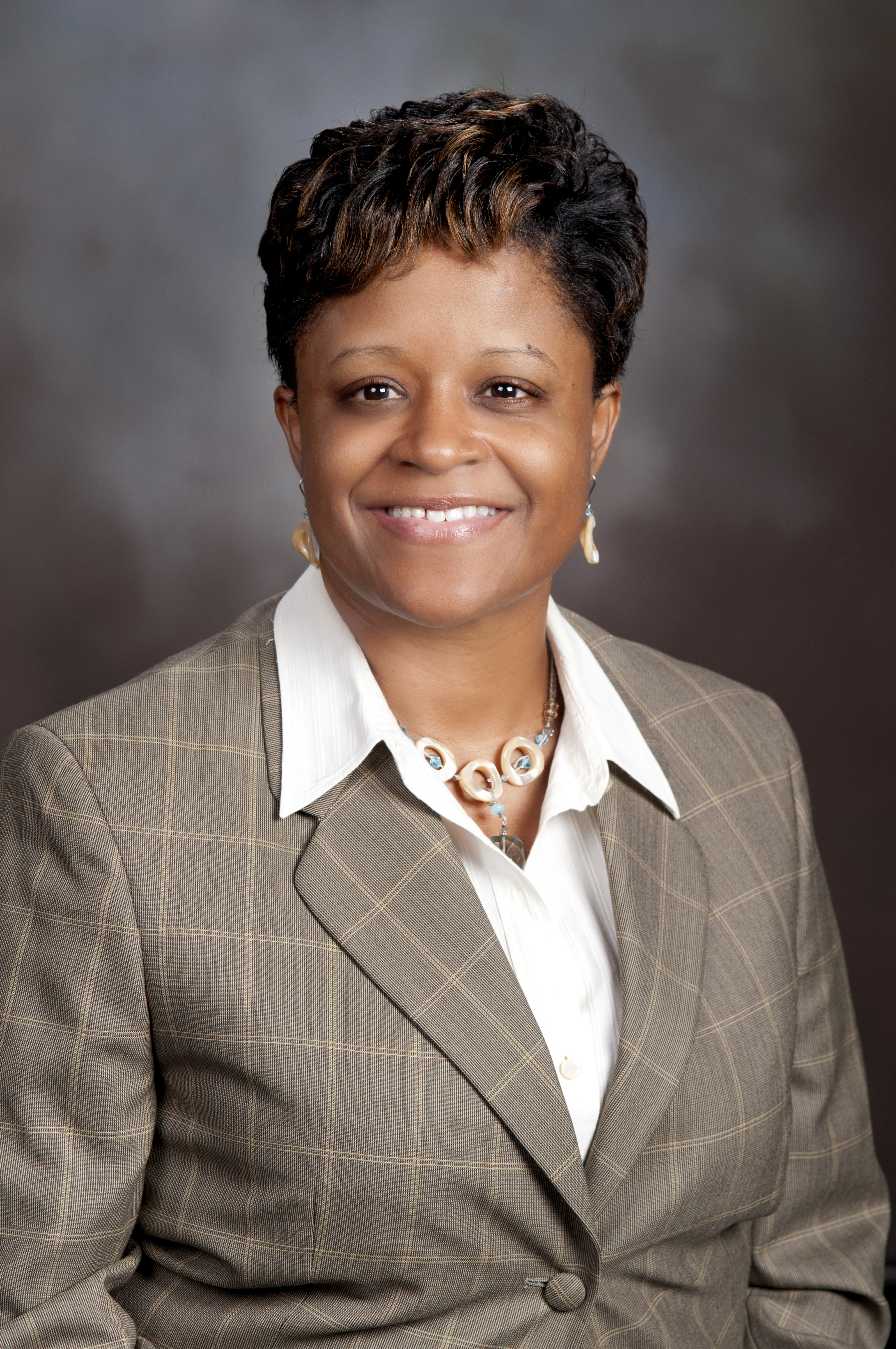Denise Simmons' NSF CAREER Award focuses on increasing numbers of engineers entering the work force

Denise R. Simmons, a principal faculty member and assistant professor in the Myers-Lawson School of Construction at Virginia Tech, is the recipient of a prestigious National Science Foundation Faculty Early Development Award to learn more about the influence of various factors in the choices undergraduate engineering students make regarding their co-curricular involvement, ultimately leading to their entry into the work force.
Prior to this CAREER award, Simmons, also an assistant professor of civil and environmental engineering, spent part of her career as a post doctoral associate in Virginia Tech's Department of Engineering Education, working on a National Science Foundation Collaborative Proposal on the "Developing Engineer of 2020 Traits: How do Non-curricular Activities Impact African American Students."
Simmons' goal is to become a global leader in research that broadens the participation of students completing engineering degrees, ultimately increasing the numbers entering the technological workforce.
"I would like to accomplish this increase in the number of engineering degrees awarded by shaping practices and policies in retention, informal learning, pedagogy, professional competency, workforce development, and life-long learning," Simmons said.
Simmons has 14 years of experience leading large-scale construction projects, directing teams charged with problem resolution, directing the efforts of companies developing and instituting new project management structures, and hosting workshops to train employees on technical issues. As a former director of the Savannah River Environmental Sciences Field Station at South Carolina State University, she raised more than $2.2 million in grants to support its operations.
She is now transferring her industrial skill sets to her academic roles.
Her strategy is to collect data from a diverse sample of engineering undergraduates at five strategically selected institutions awarding a significant number of degrees to women and ethnic racial minorities. Using American Society of Engineering Education data, she selected Georgia Tech, North Carolina State University, Tennessee State University, the University of Texas-Pan American, and Virginia Tech.
"My prior work suggests that underrepresented students' decisions to persist in undergraduate engineering studies are influenced by their sense of belonging and involvement in co-curricular activities. College impact research suggests that focusing on what students do during college, both in and outside the classroom, is the best way to enhance student persistence," Simmons said.
"However, there is little understanding as to how engineering students decide to participate or not participate in co-curricular activities nor how these students perceive the impact of various types of co-curricular activities on their persistence, learning, and entry into the workforce," she added. "Furthermore, we need to know how will these types of activities impact academic and career outcomes."
"I am broadly interested in studying the outcomes of co-curricular involvement on the development of professional skills as defined by any profession and/or industry and for any person from kindergartners through senior citizens. Further, I am interested in working with other institutions and industry as a part of advancing this work," she added.
Simmons' project will investigate demographic differences, especially gender, generational status, and race/ethnicity, as reasons for participation or non-participation in co-curricular activities in college.
The Myers-Lawson School of Construction is a joint venture of the College of Engineering and the College of Architecture and Urban Studies.
The school focuses interdisciplinary, multidepartmental (building construction, Vecellio construction engineering and management graduate program in civil and environmental engineering, and the construction engineering undergraduate program), outreach, research and education. The school serves the full life-cycle and supply chain across the residential, industrial, commercial, and heavy sectors of the industry.
The school is named for A. Ross Myers and John R. Lawson II, alumni and longtime friends who are each chief executive officers of major construction companies that exemplify quality, leadership, safety, and ethics.




